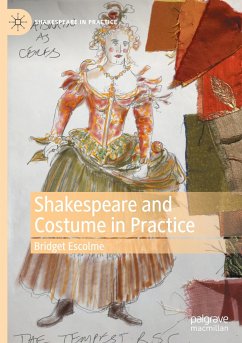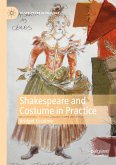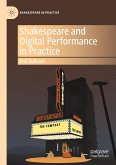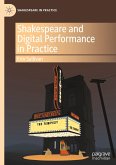What is the role of costume in Shakespeare production? Shakespeare and Costume in Practice argues that costume design choices are central not only to the creation of period setting and the actor's work on character, but to the cultural, political, and psychological meanings that the theatre makes of Shakespeare. The book explores questions about what the first Hamlet looked like in his mourning cloak; how costumes for a Shakespeare comedy can reflect or critique the collective nostalgias a culture has for its past; how costume and casting work together to ask new questions about Shakespeare and race. Using production case studies of Hamlet, Much Ado About Nothing, and The Tempest, the book demonstrates that costume design can be a site of experimentation, playfulness, and transgression in the theatre - and that it can provoke audiences to think again about what power, race, and gender look like on the Shakespearean stage.








